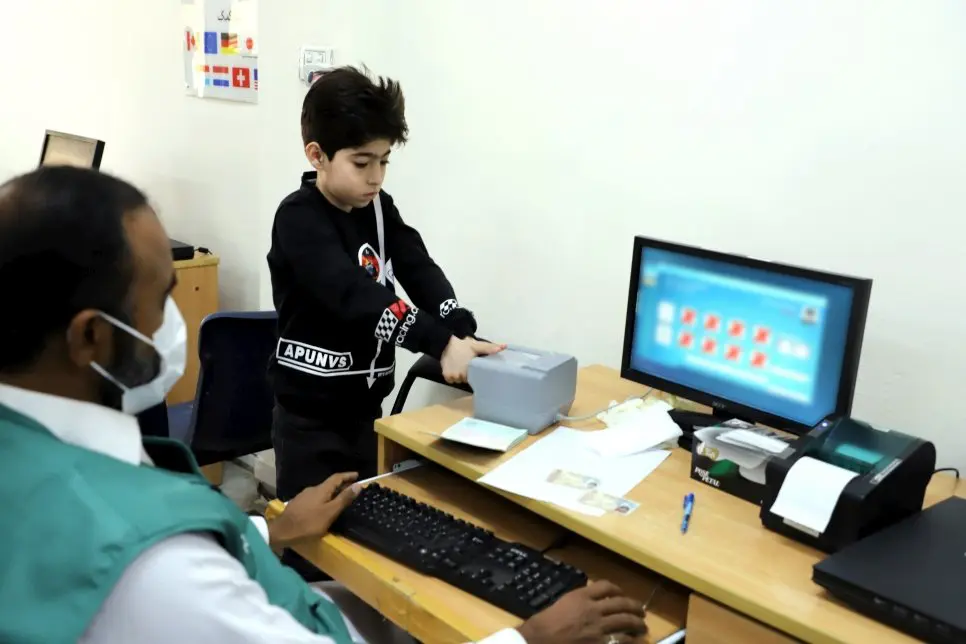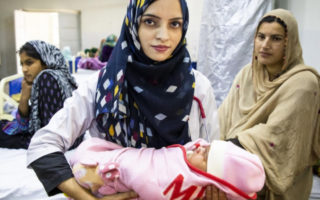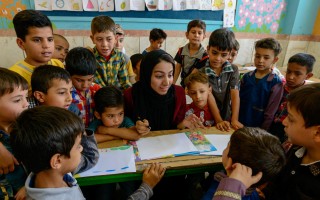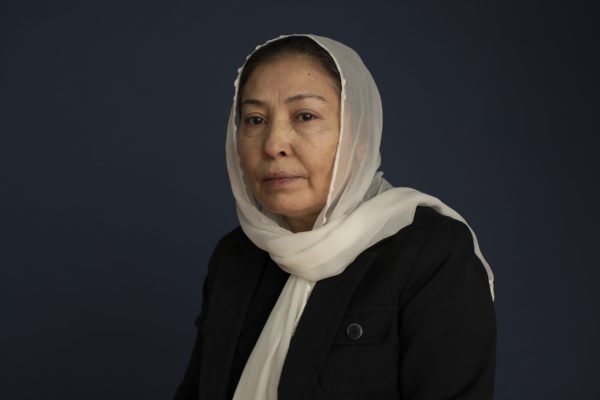
A young Afghan refugee is biometrically registered for a smartcard at a centre in Rawalpindi, Pakistan. © UNHCR/Asif Shahzad
UNHCR, the UN Refugee Agency, welcomes the launch today of a country-wide campaign in Pakistan to verify and update the data of some 1.4 million registered Afghan refugees and to issue them with smart identity cards.
The last large-scale verification of refugees in the country was undertaken 10 years ago.
The exercise will boost Pakistan’s efforts, with UNHCR’s support, to enhance protection for refugees. The new smartcards will better enable refugees to access critical services.
“Pakistan is a global leader in refugee protection and continues to pioneer efforts to find solutions and support inclusion for people forced out of their homes by a prolonged conflict,” said Indrika Ratwatte, UNHCR Regional Director for Asia and the Pacific. “This step will allow refugees to have better, faster and safer access to services, including schools, hospitals and banks.”
Officially known as the documentation renewal and information verification exercise (DRIVE), the campaign will continue for at least six months, renewing and updating information on Afghan refugees who currently hold Proof of Registration (PoR) cards.
Registered refugees will be issued new smartcards with the capacity to hold biometric data. These cards, which will be valid for two years, will also be technologically compatible with systems used in Pakistan to authenticate the identities of nationals to access services.
Six hundred staff – a combination of government and UNHCR – will be working at some 35 sites around the country, and using mobile registration vehicles, to support refugees throughout the process. Both male and female staff will be on hand to assist.
Measures are in place at all DRIVE sites to mitigate COVID-19 risks through enhanced hygiene, physical distancing, and the scheduling of set numbers of appointments each day.
More detailed information about Afghan refugees’ educational and professional backgrounds will allow for better tailored refugee assistance in Pakistan as well as enhanced support for those who may in the future return voluntarily to Afghanistan.
DRIVE is part of a wider effort to assist displaced Afghans, through the Support Platform for the Solutions Strategy for Afghan Refugees (SSAR).
UNHCR is seeking US$7 million in 2021 to fund information campaigns about the new ID cards, call centre support, the DRIVE verification sites, as well as software development, smartcard and ICT equipment and staff training.
News footage is available for media and broadcasters:
For more information on this topic, please contact:
- In Islamabad, Qaiser Khan Afridi, afridiq@unhcr.org, +92 300 501 8696
- In Bangkok, Kasita Rochanakorn, rochanak@unhcr.org, +66 64 932 0803
- In Bangkok, Catherine Stubberfield, stubberf@unhcr.org, +66 665 929 8062
- In Geneva, Babar Baloch, baloch@unhcr.org, +41 79 513 9549
- In New York, Kathryn Mahoney, mahoney@unhcr.org, +1 347 443 7646





